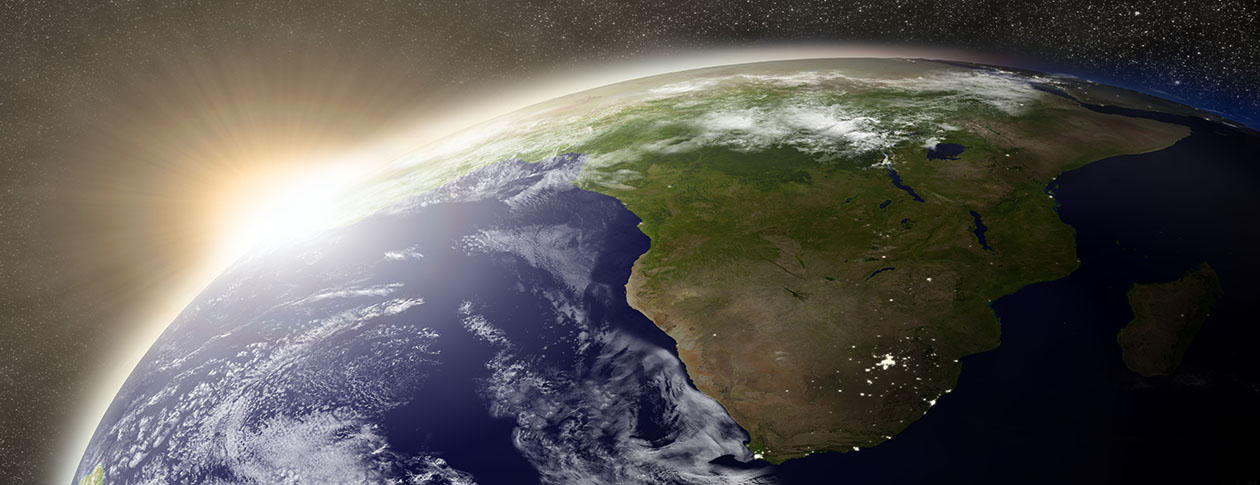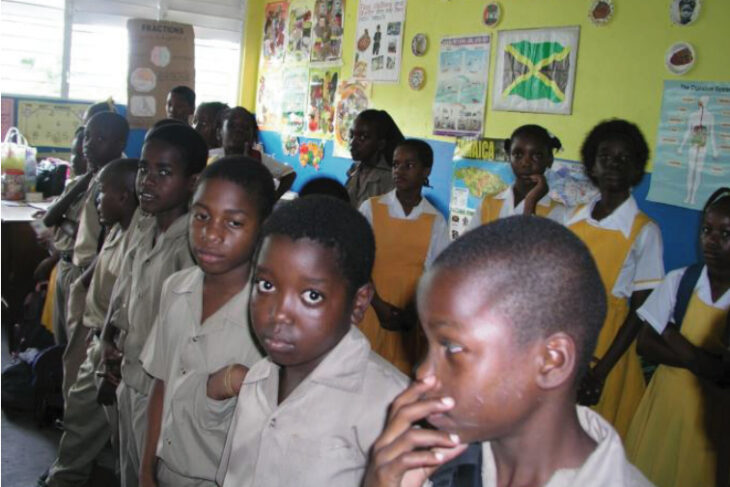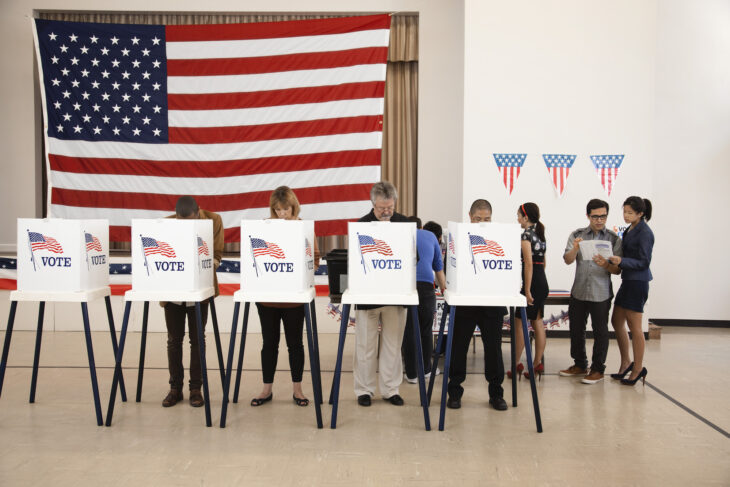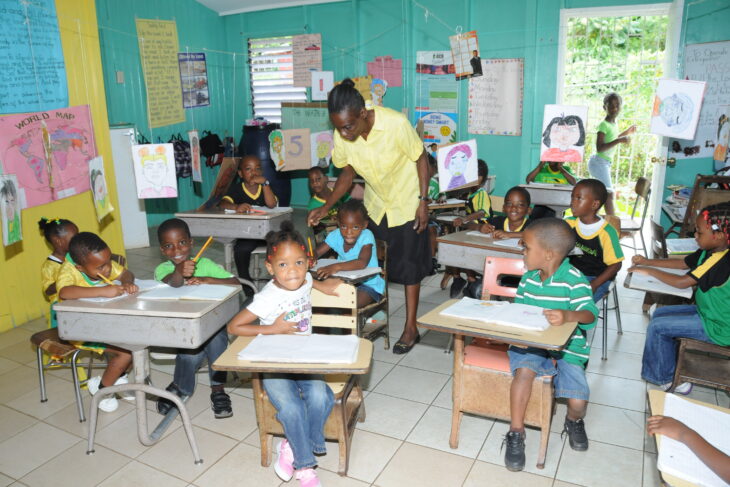
The system that oppressed us over 400 years ago has not disappeared, it is still with us; it has merely mutated. Its most conspicuous form of oppression was the control of our bodies, but back then, more than 150 years ago, that brutal, now mutated system, was wilted to surrender as ‘aliens in our midst’ as we fought against the oppressors who, Claude McKay asserts, “would slay us for our rights.”
Still, the system retains control over our minds and with gentility — swayed between sophistication and sophistry — continues to bludgeon us into a world of their own. Garvey exhorted us to ‘liberate the minds’ for if we do that we would ultimately liberate our bodies. The system did quite the opposite, it took control of both bodies and minds as part of a total institution model and reinforced the so-called ‘superiority’ of eurocentrism with the hope of producing mimic men.
Many escaped the trap back then, but today, in its mutated form, the system has come full circle, has collapsed the world in one unitary institution model where lines of demarcation and cultural sensibilities unique to Caribbean history and experience are now classed as ‘backward’ and ‘ancient’ thinking. The new thinking originates from elsewhere, more specifically Europe and the United States, and the conditioning of our minds to mimic and preserve the ancien regime passes seamlessly and effortlessly from the ‘old’ system to the ‘new’.
At another place, and another time we would want expiation for the sins committed against us, and would fervently eschew the existentially bland account of Caribbean peoples as surrogates.
Norman Manley stood against the system in the 1950s when apartheid was accepted as part of the total institution model. Our views were not then in sync with the ruling ideas of the times, but owed their acquaintance to an 18th century philosopher, Thomas Paine, who championed the cause of the rights of man and citizens.
Political leaders and Caribbean scholars, during the 1970s, sought to articulate a view of Caribbean existential reality that gives a most general account of the nature of the world and of our place and destiny in it. The inner impulses to our own development would be informed, not by an alignment to the East or the West, but through a process of dialectical understanding of the social forces that shaped our societies and explained the contradictory, mutually exclusive tendencies that make for a unique Caribbean development model.
What else, then, could explain why the matter of reparation, for example, gets little attention and is far less likely to incense us than being deprived of an opportunity to bear witness at a royal wedding? Why are we still, nearly 60 years after Independence, debating, yes debating, whether we should remain the subjects of her majesty’s heirs and successors and have her rule dominion over us; should continue to have laws governing our people passed in her name, and still unsure and unclear as to whether the Privy Council should retain privilege as the last vestige of appeal in our judicial system?
Time has certainly not advanced our cause — a cause clearly understood and articulated in the post-Colonial period and up to the first two decades after Independence. Today, that cause is ill-defined, and certainly does not seem to centre on what Rex Nettleford said is the need for us as Caribbean peoples to be “liberated from the obscurities of ourselves”.
Our development model appears somehow tied to the generosity of our ‘international partners’ through the system’s mutated phase of globalism. For it is in this incarnation that the insidious attempt at a unified culture; a challenge to the doctrine of nationality and the idea of a Nation-State; and a redefining of the concept ‘human rights’ that, in a pragmatic sense, obscures circumstances that would have resulted in the death of a George Floyd, and black lives generally. We know now the case and cause of reparatory justice does not enjoy any status in the system, and that crimes against humanity are reserved for the leaders of African states and countries outside the brotherhood of the system.
We know the system is fraught with contradictions; it produces growing inequalities, exploitation and greed. It was responsible for the global economic meltdown of 2008 and used the crisis to ‘correct’ itself by widening the gap of income inequality. It boasts of a decline in global poverty while promoting inhumane working conditions and circumventing decent work; it fuels the greed of the wealthiest at the expense of human development; and in the midst of a pandemic, its adulatory and pejorative exploitation of the crisis betrays the contradiction of the system.
But it marshals on in the midst of material poverty, fear, hopelessness and insecurity. Its final march to create arts, letters and a unitary society, but with competing desires may very well be turning Hobbes’ theory on its head.



